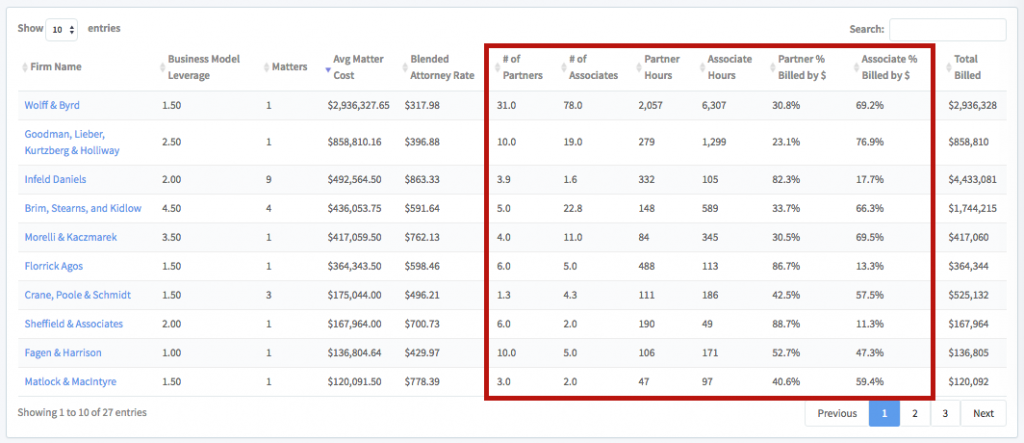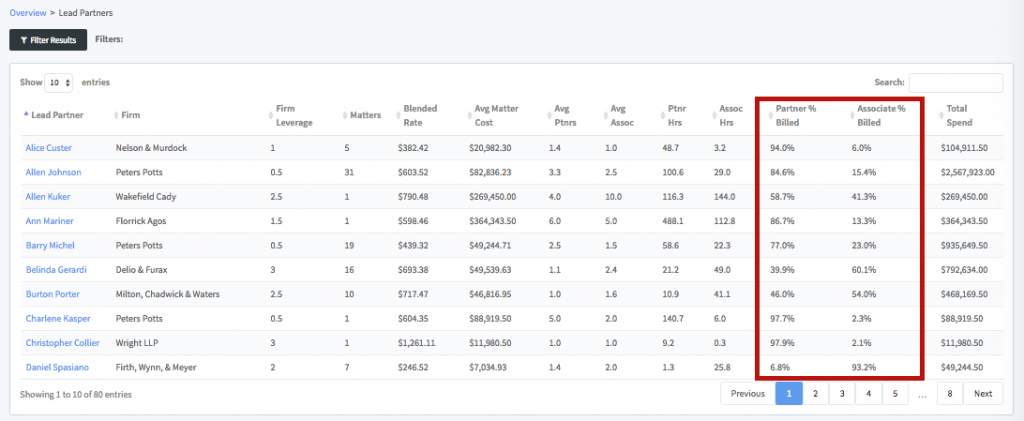The changing business model of law has focused attention on certain key metrics that capture the economic pressures that legal providers face. Now, we turn our attention to a metric — discounts on law firm rates — that is misleading as a signal of legal department efficiency.
Prior to the rise of legal spend analytics, corporate clients often relied on “discounts” from their law firms to prove to business leaders that they were getting “value” from their firms. Today, however, non-legal business units are relying extensively on analytics to show value. Consequently, legal departments are under increasing pressure to show real value with data analytics, rather than merely stating that their law firm gave them a “discount.”
Indeed, savvy in-house counsel and legal operations professionals know all too well that all law firms give corporate clients “discounts.” For example, The Wall Street Journal reported that large firms typically discount their rates by 17%, with “sophisticated” law firms using annual rate increases to make up for such discounts. As the WSJ reported, the aggregate discount increased from 8% a decade ago. Similarly, the ubiquity of law firm discounts was covered by the Economist, which noted that law firm discounts are now common even among the most prestigious of law firms. Many law firms have stayed ahead of this discounting by raising their general rate card at a higher rate than the discounts.
Thus, savvy in-house counsel and legal operations professionals are asking: if everyone is getting a “discount,” isn’t my discount illusory?
Additionally, savvy in-house counsel and legal operations professionals have realized that law firms who provide “discounts” often make up the lost profits in other ways. For example, many law firms who discount their rates will staff additional timekeepers on a matter to the point that the additional hours have erased any “discount” that the client negotiated.

Likewise, many law firms who provide discounts may work less efficiently to the point that the same work may be handled less cost-effectively. Indeed, clients who use data analytics often find that there are systematic differences in how law firms and individual partners handle legal matters.

As a result, many savvy legal departments and CFOs have concluded that while discounts are helpful, they are hardly an indication that a law firm is truly providing value.




